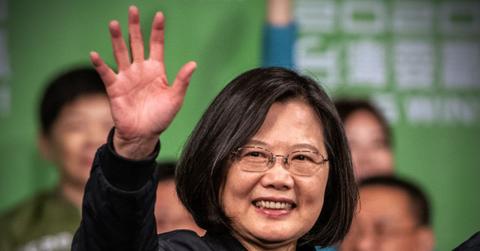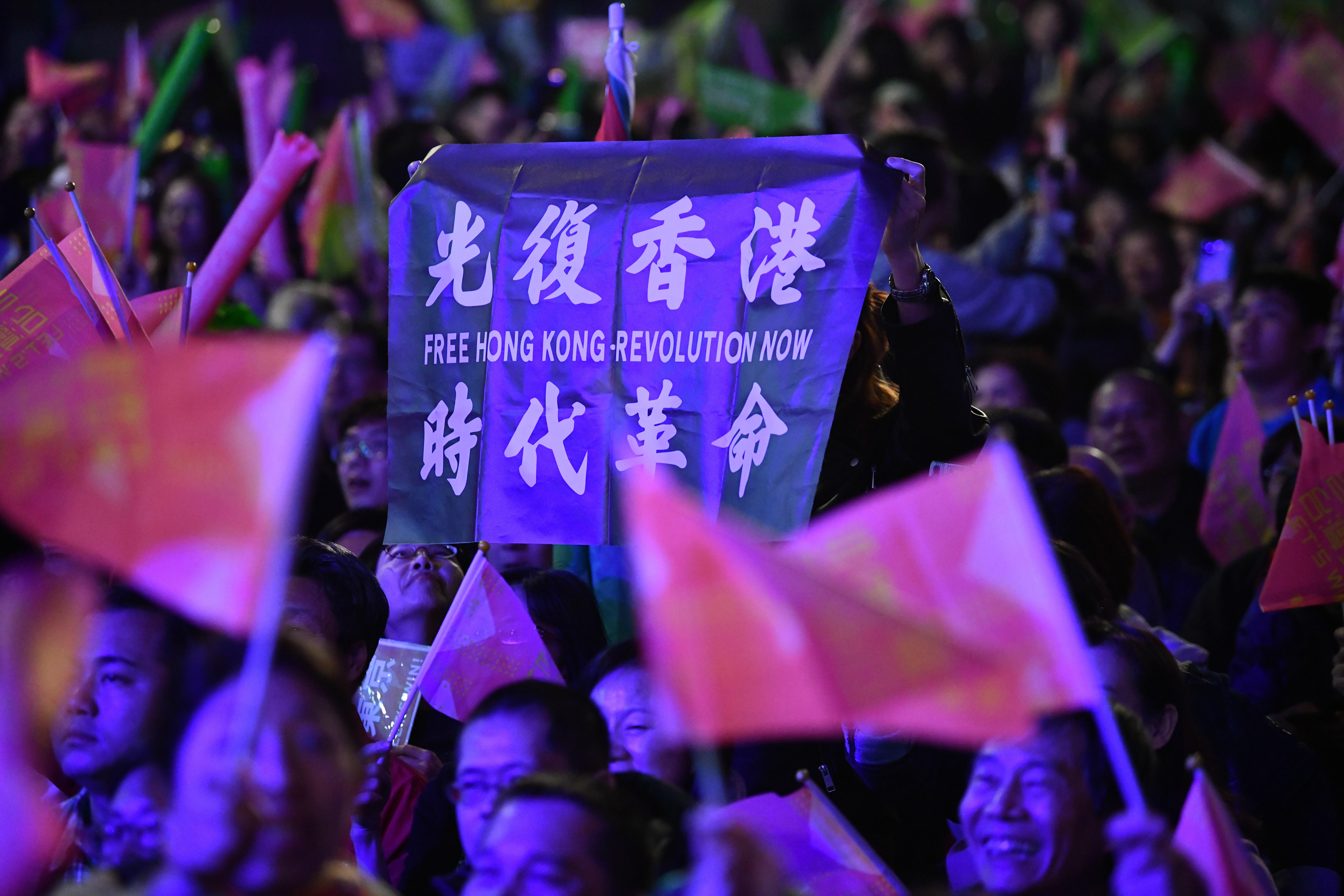Why Does China Want Taiwan? A Brief Explainer of Chinese-Taiwanese Tensions
Why does China want Taiwan? A brief explainer of Chinese-Taiwanese tensions over the years and the current concerns.
Oct. 22 2021, Published 12:22 p.m. ET

Tensions between China and Taiwan have been high since at least 1949, when Mao Zedong's Communist Party won the civil war in China. It established the People’s Republic of China. At that time, the losing nationalists left the country for Taiwan, calling the region the Republic of China.
More than 70 years later, the island of Taiwan remains a democracy, but the People’s Republic of China and other nations around the world do not officially recognize Taiwan as a sovereign state. The U.S., for example, is diplomatically tied to China and acknowledges its “One China” policy.
Will China invade Taiwan?
NBC News cited J. Michael Cole, a senior fellow with the Global Taiwan Institute, as saying, “Beijing has been threatening war against Taiwan for decades.” Cole also asserted that China is now able to act on that threat.

China has been sending a large number of warplanes near Taiwanese airspace. During a four-day period early in Oct. 2021, a total of 149 Chinese warplanes showed up near Taiwan (for comparison, 2020 saw a total of 380 for the entire year).
According to Taiwan defense minister Chiu Kuo-cheng, military tensions between Taiwan and China are at their worst in over four decades. He also claimed that China would be capable of a “full-scale invasion” by 2025, reports NBC News.
Some experts say China's military flexing may be aimed more at the international community than Taiwan itself. The nation is perhaps warning the U.S. and other countries who seem supportive of Taiwan. “Beijing is trying to impress upon everyone that they are not going to get pushed around,” noted Shelley Rigger, a political science professor at North Carolina’s Davidson College.
Chinese President Xi Jinping stands firm on the idea of an eventual Chinese-Taiwanese “reunification.” He has not ruled out a forceful takeover of the island.
Although an invasion may not be imminent, the Taiwanese people and president are aware of the risk. Tsai Ing-Wen, Taiwan’s president, wrote recently in Foreign Affairs that a fall of Taiwan would be devastating for peace and democracy. “It would signal that in today’s global contest of values, authoritarianism has the upper hand over democracy.”
What did Biden say about Taiwan and China?
At a CNN Town Hall on Oct. 21, Joe Biden seemed to contradict America's policy of “strategic ambiguity” by stating that the U.S. was committed to helping protect Taiwan in the event of a Chinese invasion. However, a White House official tried to walk back Biden’s statements, saying there has been no change in U.S. policy toward China and Taiwan. The foreign ministry of China responded quickly by warning the U.S. not to send “any wrong signals to the separatist forces of Taiwan independence.”
Both Biden and predecessor Donald Trump have deepened U.S. connections to Taiwan. China's Foreign Ministry spokesman Zhao Lijian said at a recent news conference, “The U.S. is a troublemaker, a saboteur of regional peace and stability, and a spoiler of solidarity and cooperation.”
A poll conducted in Aug.2021 by the Chicago Council on Global Affairs revealed a majority of Americans (69 percent) believe the U.S. should recognize Taiwan as an independent country. In addition, 52 percent favored the use of military force to defend Taiwan if China were to invade.
